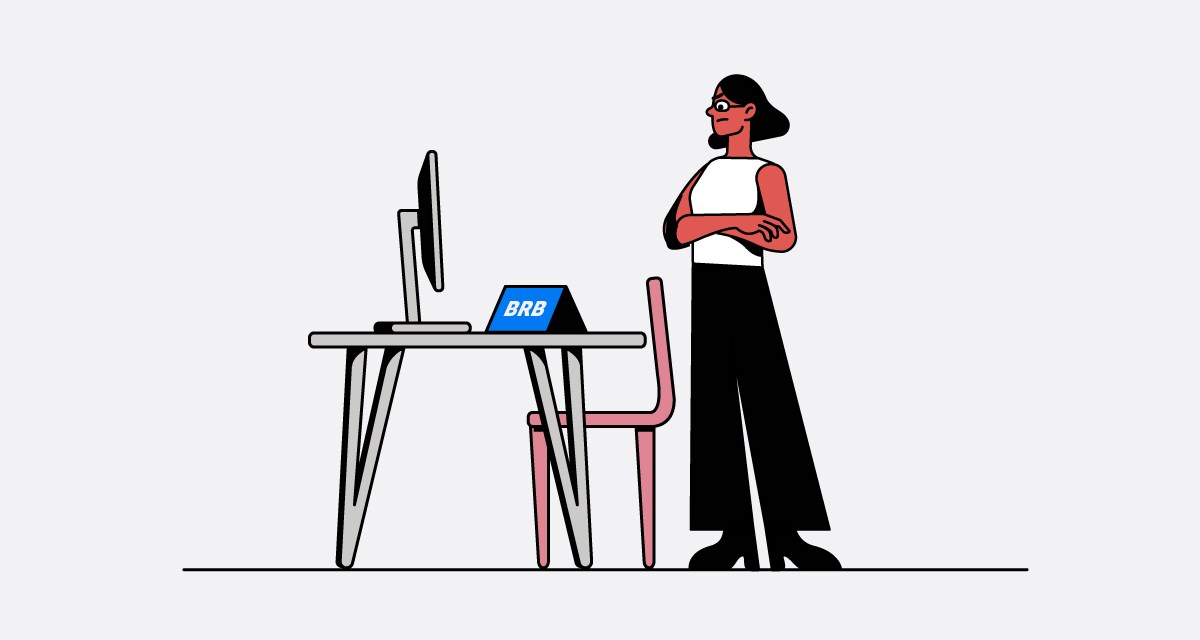Why HR teams are at odds with employees about dress codes

It seems that whether or not to return to the office isn’t the only confusion employees are facing: What to wear once there also no longer seems clear cut, at least for some.
Jackie Karaqi has had two warnings for dressing inappropriately since returning to the office, where she works as a recruiter for a New York-based mortgage group. The first time was in March when she and the human resources department butted heads over her leather leggings. She was quickly summoned to HR’s office and told never to wear them to work again. She was told that not only was the attire inappropriate for the office, but that upper management had also complained. Karaqi felt confused — she had thought the leggings would be fine, as she had seen other colleagues wear similar ones to the office.
So, a couple of months later, in August, Karaqi decided to test if she was being specifically targeted for dress-code offenses. She purposefully wore a button-down shirt with biker shorts, the exact outfit someone else had worn a couple of days prior. “I said it was strange because so-and-so wore the exact thing a week ago and no one had anything to say,” said Karaqi. Next thing she knew, a company-wide email from HR arrived in her inbox reinforcing the dress code, which steered people toward more traditional corporate wear. Full-length jeans and khakis are acceptable, but no mini skirts, spandex shorts, jean shorts, workout clothes, tank tops, ripped tops, crop tops or clothes with offensive slogans on them.
“I get so frustrated and I can see the way they [HR] look up and down to see if there’s anything to scrutinize when I get into the office,” said Karaqi. “It feels really frustrating and degrading that I just can’t do my job without being called out for wearing something and that I can’t express interest in fashion or look nice without it being a problem. I can look good and do my job.”
Karaqi isn’t alone in finding herself out of step with what her employer deems appropriate office wear. On TikTok, there are thousands of videos of people sharing their experiences of how management has told them they can’t wear certain outfits to their corporate office jobs. The truth is, the tumult caused by working during the coronavirus pandemic over the past three years has completely upended the in-office status quo of pre-Covid 2019. After more than two years of not even needing to think about what we wore on our bottom halves when work days were taken over by video calls from our homes, opinions on what people are willing to wear to work have changed.
But like many things related to the world of work, that attitude isn’t lining up with senior management. Ashley Herd, founder and CEO of coaching and training company Manager Method, said she believes that HR executives should take a beat before calling someone out and giving them an official dress-code warning.
“First is to reflect, before addressing the employee,” said Herd. “Does it really make sense to call this person out? Is it objectively a problem or is it more about addressing those who may be looking at the employee?”
She said that dress codes have historically targeted female employees (for example, a policy like “don’t be distracting” for a form-fitting dress). If an outfit isn’t truly a problem, one script HR employees could follow would be: “Each of our employees are unique, and we balance professionalism with self-expression. As long as appearance is clean and we aren’t showing things we shouldn’t, we let people wear what makes them productive.”
In Karaqi’s example, Herd suggested that she could say something like: “I come to work with a mindset to work collaboratively and be productive. When you raise questions about what I’m wearing, it feels embarrassing, but also feels subjective. I have not seen it addressed with anyone else, and want to ensure that the dress code makes sense and is being applied equally.”
In the situations where an outfit is objectively inappropriate, that employee should be met with privately and given an explanation for the reason. “I do think coming from a place of trust is the most winning approach,” said Herd. “Dress codes and otherwise, approaching employees from trust (rather than discipline) shows that you value them as a person, and their contributions.”
